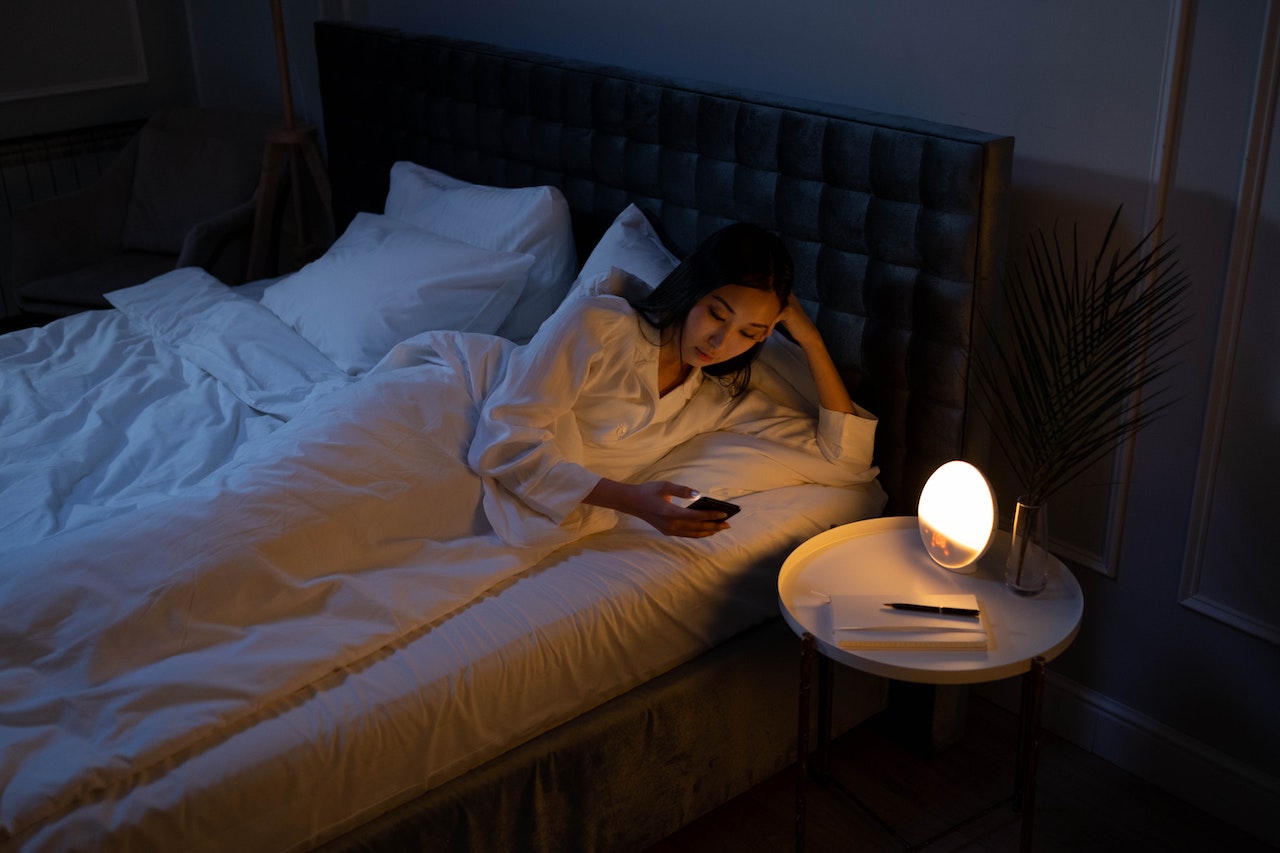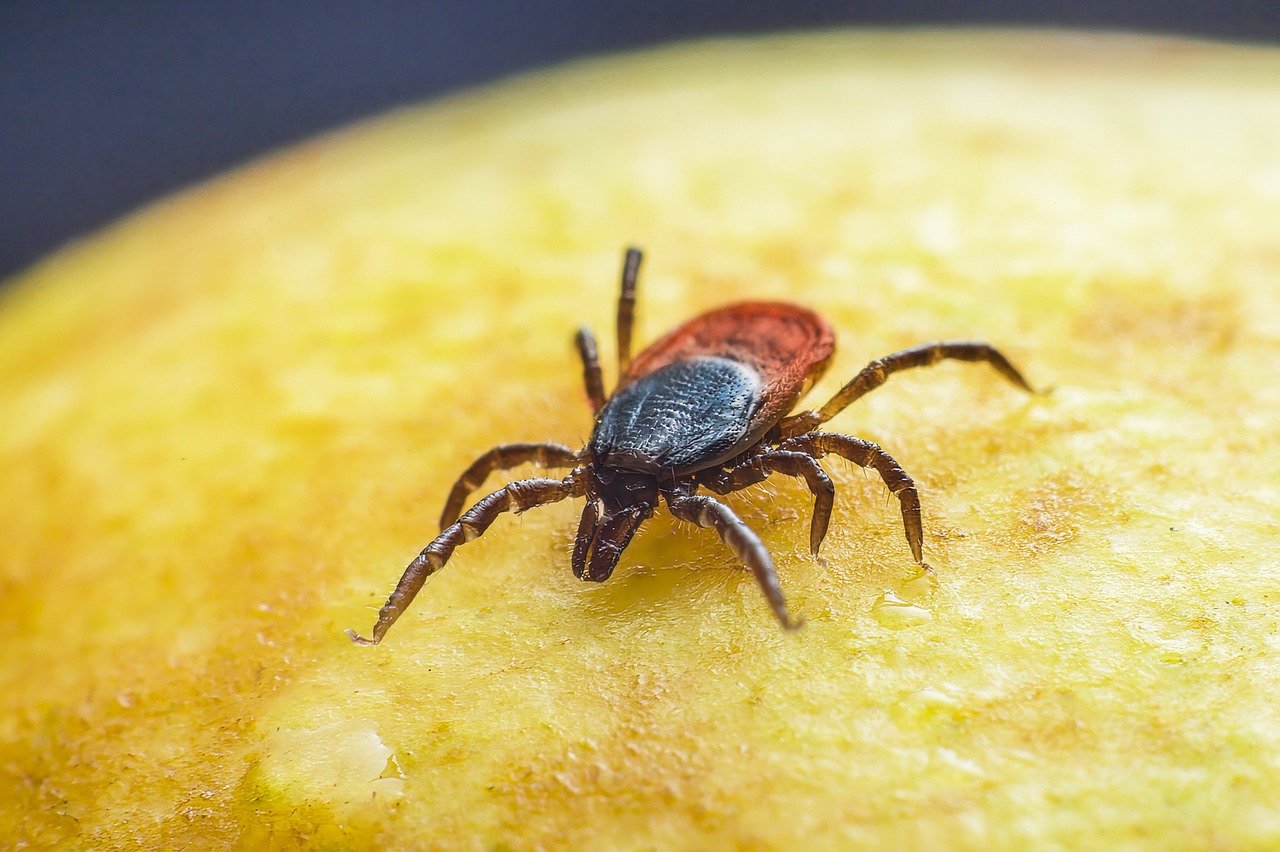Sleep. That elusive, magical state where you get to ride unicorns and occasionally fall from a very tall building for no apparent reason. If you’re reading this, chances are you and sleep have been playing a game of hide-and-seek. You seek, sleep hides. So, let’s dissect this mysterious game, and while we’re at it, explore the tragically funny reasons why you might be counting more sheep than hours of sleep.
Before we dive headfirst into the pitfalls and pratfalls of insomnia, let’s lay down some essential groundwork. After all, if you’re going to be part of the “wide-eyed-at-3 AM” club, you might as well understand the membership details, right?
What on Earth is Insomnia?
In simple terms, insomnia is the cruel joke your body plays on you when you desperately want to sleep, but you just… can’t. It’s not about occasionally missing out on a good night’s rest because you’re re-watching that one season of your favorite show. No, it’s a recurring inability to sleep, causing disruptions in daily life. There are two primary flavors:
- Acute Insomnia: Short-term sleeplessness, often triggered by life’s delightful stressors, like an upcoming job interview or accidentally liking a 47-week-old photo on your crush’s Instagram.
- Chronic Insomnia: The long-haul version, where sleep remains elusive for at least three nights a week for three months or longer. Yes, you read that right. Months.
The “Fun” Side Effects of Insomnia
Aside from becoming best friends with the night sky and maybe naming that one star you always see, “Larry,” insomnia can have some not-so-fun consequences:
- Mood swings: From sunshine and rainbows to thunderstorms in a heartbeat.
- Cognitive Dysfunction: “Where did I put my keys?” “In the fridge, obviously!”
- Weakened Immunity: Even the common cold thinks it can bully you.
- Increased Risk of Chronic Illnesses: Like heart disease, diabetes, and more.
- Accidents: Because operating heavy machinery (or even a toaster) on two hours of sleep is always a stellar idea.
Did You Know? (Because Fun Facts are… Fun?)
Insomnia is sneakily common. In the U.S. alone, up to 35% of adults experience symptoms of insomnia, with 10% suffering from chronic insomnia. It’s like a club no one really wants to be in, but so many are accidentally members of.
Now that we’ve set the stage with this enlightening preamble (and maybe made you even more aware of your sleeplessness — sorry about that), let’s venture into the true, sarcastic heart of insomnia’s common culprits.
The Main Reasons of Insomnia
1. Staring at Screens like they’re the Oracle of Delphi
Ever held your phone so close to your face in bed that you mistook a pimple for a new galaxy? Yes, screens are addictive. But here’s the thing: the blue light emitted by your phone, tablet, or computer suppresses melatonin production. Melatonin is that lovely hormone that tells your brain, “Alright, party’s over, let’s get some shut-eye.” With reduced melatonin, your brain thinks it’s daytime. So next time you’re in bed and your phone beckons, just remember that you’re basically telling your brain the sun’s still shining, and it should prepare for a beach party.
2. Caffeinating Like a Boss…at 8 PM
Coffee is the nectar of the gods — no arguments there. But if you’re guzzling it down as a pre-bedtime ritual, you might as well have an alarm clock in your stomach. Caffeine can stay in your system for up to six hours. Do the math! Drinking it late means your body’s still on a caffeine high when you’re trying to get low… into your bed, that is.
3. Anxiety: Because Who Doesn’t Love a 3 AM Overthinking Session?
Oh, the joy of lying in bed, reminiscing about that embarrassing thing you did seven years ago. Or maybe pondering the existential meaning of socks. Anxiety and stress are notorious sleep thieves. When your mind is in overdrive, your body’s stress hormone (cortisol) skyrockets, which is about as conducive to sleep as holding a rock concert in your bedroom.
4. Turning Your Bed into a Swiss Army Knife of Functionality
Your bed is for sleeping and maybe some… other nighttime activities. If you’re using it as your office, dining table, cinema, and yoga mat, your brain gets confused. “Is this a place of rest or where we binge-watch that new series?” Condition your brain to associate your bed with sleep (and perhaps one or two other things), but definitely not work or that heart-pounding action movie.
5. Who Needs a Routine? Oh, Right, Everyone.
Your body adores routine, much like a petulant child. It thrives on predictability. Going to bed and waking up at the same time every day — even on weekends — helps set your body’s internal clock. If you’re a rebel, hopping in and out of bed at random hours, don’t be surprised if your sleep pattern resembles a modern art painting. And not in a good way.
6. Midnight Munchies: Because Nothing Says Sleep like a Cheeseburger
Your stomach’s primary function isn’t to turn you into a nighttime Ninja Turtle, scavenging the fridge for pizza. Late-night snacking, especially heavy or spicy meals, can trigger heartburn and indigestion. Trying to drift off to sleep while your belly is throwing a rave isn’t ideal. If you’re famished, stick to light, easily digestible snacks. Or maybe a glass of water. Or air. Air’s good.
7. Environment: Turning Your Bedroom into a Scene from “Jumanji”
You might think that lion roar soundtrack helps you sleep, but let’s be realistic. Your sleeping environment matters — a lot. Too much noise, light, or even a bedroom that’s hotter than the Sahara can affect sleep. Aim for the Goldilocks zone: not too hot, not too cold, not too loud, and not too bright. Oh, and maybe limit the jungle sounds.
8. Going to Bed Sober… on Water
Hydrating is great. Being awakened by your bladder’s incessant screaming at 3 AM? Not so much. By all means, stay hydrated, but try to limit excessive fluids right before bedtime. Otherwise, you’ll be doing the moonwalk to the bathroom more often than you’d like.
9. Chronic Conditions: Because Why Would Your Body Make It Easy?
Sometimes, your body thinks it’s funny to throw in some curveballs like restless leg syndrome, sleep apnea, or chronic pain. If you’re routinely struggling with sleep, it might be worth chatting with a doctor. They might not have a sense of humor about it (or maybe they will — who knows?), but they can provide guidance.
10. Paranormal Activity: Blaming Ghosts is Always Valid
Not the movie, the actual ghosts. If you’ve tried everything and still can’t sleep, perhaps there’s a ghostly presence? Kidding! (Or am I?) But seriously, sometimes insomnia is more complex, rooted in deep-seated issues or conditions that require professional intervention. If you’ve tried all the advice here and remain wide-eyed at witching hour, it might be time to get serious and seek help.
The Grand Finale (Because You’re Probably Still Awake)
We’ve journeyed through the hilariously tragic world of insomnia, poking fun at the very real issues that keep us awake. The takeaway? While humor is a great tool to lighten the mood, genuine sleep struggles need genuine solutions. Whether it’s adjusting your habits, environment, or seeking professional advice, don’t take sleep lightly. It’s the only time you get to meet those unicorns, remember?
And remember, even if you’re an insomniac, there’s hope. Just keep searching for that elusive sheep number 10,001. He might just have the answers. Or at least, a comfy pillow.
Pro Tips for the Aspiring Insomnia Conqueror (or at Least, the Less Sleep-Deprived)
Alright, eagle-eyed nocturnal beings, if you’ve made it this far without dozing off (and if you have, kudos! Mission accomplished), here are some genuine, no-nonsense, jokes-free pro tips to help you reclaim those Zs.
1. Establish a Wind-Down Ritual: Reading a book (a real, physical one), listening to calm music, or practicing some light stretches can signal to your body that it’s time to slow down. Just steer clear of thrillers or heavy metal — unless you fancy head-banging your way to slumberland.
2. Limit Naps During the Day: Power naps are fantastic, but if you’re logging more daytime sleep than a cat, it might be time to cut back.
3. Rethink Your Bedroom: Invest in blackout curtains, ensure your mattress and pillows are comfortable, and consider a white-noise machine or earplugs. Turn your bedroom into a sleep sanctuary, not a multimedia center.
4. Exercise Regularly: Physical activity can promote better sleep, but try to finish exercising at least a few hours before bed. Unless you think doing a HIIT workout at 9 PM will tire you out (spoiler: it might just do the opposite).
5. Avoid Heavy Meals Before Bed: It’s hard for your body to rest when your digestive system is pulling an all-nighter. Aim to finish eating 2-3 hours before bedtime.
6. Ditch the Clock-Watching: Constantly checking the clock during the night can heighten anxiety. Turn it away from you or ditch it entirely.
7. Practice Relaxation Techniques: Meditation, deep breathing exercises, and progressive muscle relaxation can all help you get in the mood — for sleep, that is.
8. Keep a Sleep Diary: Logging when you sleep, when you’re awake, and any factors that might be affecting your rest can be enlightening. Plus, it’s more productive than drafting imaginary arguments with coworkers in your head.
9. Avoid Alcohol Before Bed: While a nightcap might make you feel sleepy, it can disrupt your sleep cycle later in the night.
10. Consider Professional Help: If your insomnia continues despite your best efforts, it might be time to see a sleep specialist. They won’t judge your midnight snack habits; they’re there to help!
Remember, every individual’s sleep needs and patterns are unique. What works wonders for one person might be another’s nightmare (literally). It’s about experimenting, adjusting, and finding what’s ideal for you.
Frequently Asked Questions (FAQs) about Insomnia
Insomnia is a persistent problem where individuals find it hard to fall asleep, stay asleep, or both. It can be short-term (acute) or long-term (chronic), depending on its duration and frequency.
Insomnia can be both. It can stand alone as a condition due to certain habits or environmental factors, or it can be a symptom of another underlying medical or psychological condition.
Very. Up to 35% of adults experience symptoms of insomnia, with 10% suffering chronically. So, if you have it, you’re in abundant, albeit sleepy, company.
Yes. Apart from the acute and chronic classification, insomnia can be:
– Onset insomnia (trouble falling asleep)
– Maintenance insomnia (difficulty staying asleep)
– Early morning awakening (waking up too early and not being able to go back to sleep).
While an occasional catch-up might feel good, consistently banking on weekend sleep to compensate can mess with your body’s internal clock and worsen insomnia.
Not necessarily. While they can provide temporary relief, they’re not a long-term solution. Plus, they can have side effects and may lead to dependence. Always consult a doctor before popping those pills.
While 7-9 hours is the general recommendation for adults, everyone’s needs are different. Some feel great on 6 hours, while others might need a full 9 (or even 10). It’s about quality as much as quantity.
Absolutely. While we often associate insomnia with adults, children and teens can experience it too. Factors like school stress, screen time, and even puberty can play roles.
It’s deceptive. Alcohol can make you drowsy, but it disrupts the deeper stages of sleep, often resulting in a more fragmented, less restful night.
It might be time to see a sleep specialist or therapist. Sometimes, the roots of insomnia run deep and require professional guidance.



